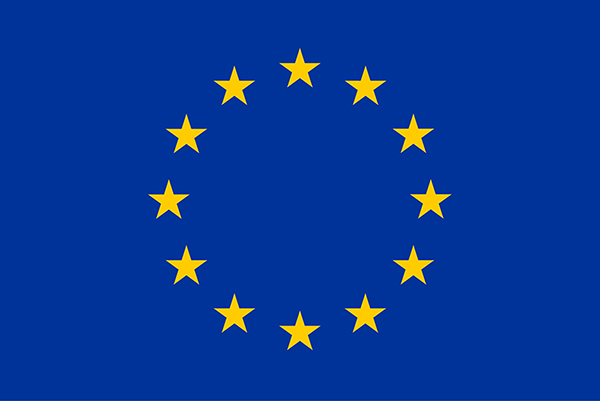EUTEENS4GREEN Projects
#EUTEENS4GREEN Awarded Beneficiaries
Young Engineers without Borders - Transitioning to a Circular Economy
- 💡 Description
- To assist in promoting the concepts of the circular economy–not just recycling and repurposing ‘waste’, but the equally important process of prolonging the life of products through maintenance and repair. 'Young Engineers without Borders' is a group of young university students studying at the University of Pécs, Faculty of Engineering and Information Technology. They formed their organisation under the initiative of Engineers without Borders (EWB) after taking part in the Engineers without Borders Design Challenge. The university chapter was established by students who want to bring about real change in engineering, as EWB states, putting global responsibility at the heart of engineering. Over the previous two years, they have promoted ideas of sustainability to their fellow university students and visited local secondary schools to talk about the importance of sustainability in engineering. The city of Pécs is moving away from its previous reliance on coal and uranium mining and this transition has caused poverty in the region. The lessons learned during this project could be adapted when people move home to work in their chosen field. One area they would like to assist in this transition is promoting the concepts of the circular economy–not just recycling and repurposing ‘waste’, but the equally important process of prolonging the life of products through maintenance and repair. By utilising these concepts it is possible to significantly reduce not only the raw resources being extracted but also the energy required, and the amount of waste generated. One of the issues hindering students from adapting to the circular economy is not only the lack of knowledge but also the lack of practical involvement. Their generation is creative enough to come up with solutions that can impact the transition to the circular economy but until now a lack of tools has hindered our practical involvement. This group do have classes where they come up with theoretical solutions but lack the means to apply or see the physical practicality of these solutions. Their intention is to provide students with a mobile workspace/tool centre where they can come and learn about how to adapt to the circular economy and also be provided with the tools and practical skills to try out their ideas and apply what they learn in their daily lives. If people had access to basic tools and materials it would expand the horizons of what they could achieve and make the organisation become much more attractive for other students not only during the scope of the project but in the foreseeable future as well. ACTIVITIES: Once they have access to the basic tools and materials, there are activities we would like to implement in spreading awareness about the circular economy. In addition to the practical component of these activities, they hope that it will open students’ eyes to a new way of viewing concepts of resources and waste. Repair and maintenance workshops: Students need to learn there are alternatives to our throw-away consumer society, eg, how many laptops are thrown away each year because they overheat because the cooling fan is clogged up with dust. If students had access to the knowledge and tools to open and clean the fan of their laptop it would prolong the life of the laptop and also give students the skills and confidence to tackle other maintenance tasks rather than disposing of and buying a new one. The project aims to invite experts who can guide students through simple maintenance tasks to prolong the life of consumer items. Repurposing workshops: Repurposing items stops waste from going to the landfill and provides students with the opportunity to come up with creative ideas for giving items a new lease on life and creating value. Circular Economy Educational Workshops: In these sessions, they would like to invite external professionals to share their experience with students and also supervise sessions for repairability and repurposing workshops. Visit to the local waste processing centre: By visiting a waste processing centre near Pécs students come face to face with what happens to the waste the society produces. They will witness personally the challenges of waste management and recycling which are likely to encourage them to come up with further solutions that can be introduced in their community or at the university level. Although these activities will mainly take place at the university, the project will visit at least one local secondary school to promote ideas of the circular economy and how students can involve themselves in it. Almost all these activities are reliant on access to basic tools which up until now they haven’t had access to which is why this grant is so important for us. They expect 10-20 students to attend each workshop, but it is important to note that once our organisation has purchased the necessary tools for the workshops they will continue to be used in the foreseeable future, so the number reached during the scope of the programme will be multiplied over time.
- 🎯 Target Group
- 🌱 Expected Results
- Greater awareness of the problems associated with the linear economy and options for transitioning to a greener circular economy. In a more circular economy, if people can have products that remain in use in the local community for longer then it will mean fewer resources leaving the region. As raw resources, the cost of energy and the cost of landfilling waste increase in price then a greener transition is becoming more attractive from a financial point of view. If students are aware of the possibilities under a circular economy then it is likely that they will be more involved and accepting. It is also expected that those who are reached under this project are more likely to increase recycling of their household waste if they can see the benefits of doing so and the costs of not doing so. Please note that all of the tools purchased under the framework of the project will continue to be used for many years so the number of people impacted in the first year will continue to climb in the perceivable future as well. They can measure the impact based on how many students participate in the project and whether participation in workshops grows over time. They can also measure the impact by asking students to fill in surveys before they take part in events and after they have participated. They will also measure the impact by the number of students who sign up to be actively involved in the Pécs chapter of Engineers without Borders.
- ✉️ Contact
- eja.hockova@gmail.com
- 🔗 More Info
Report inappropriate content
Is this content inappropriate?
_cropped.png)







0 comments
Loading comments ...
Add your comment
Sign in with your account or sign up to add your comment.
Loading comments ...